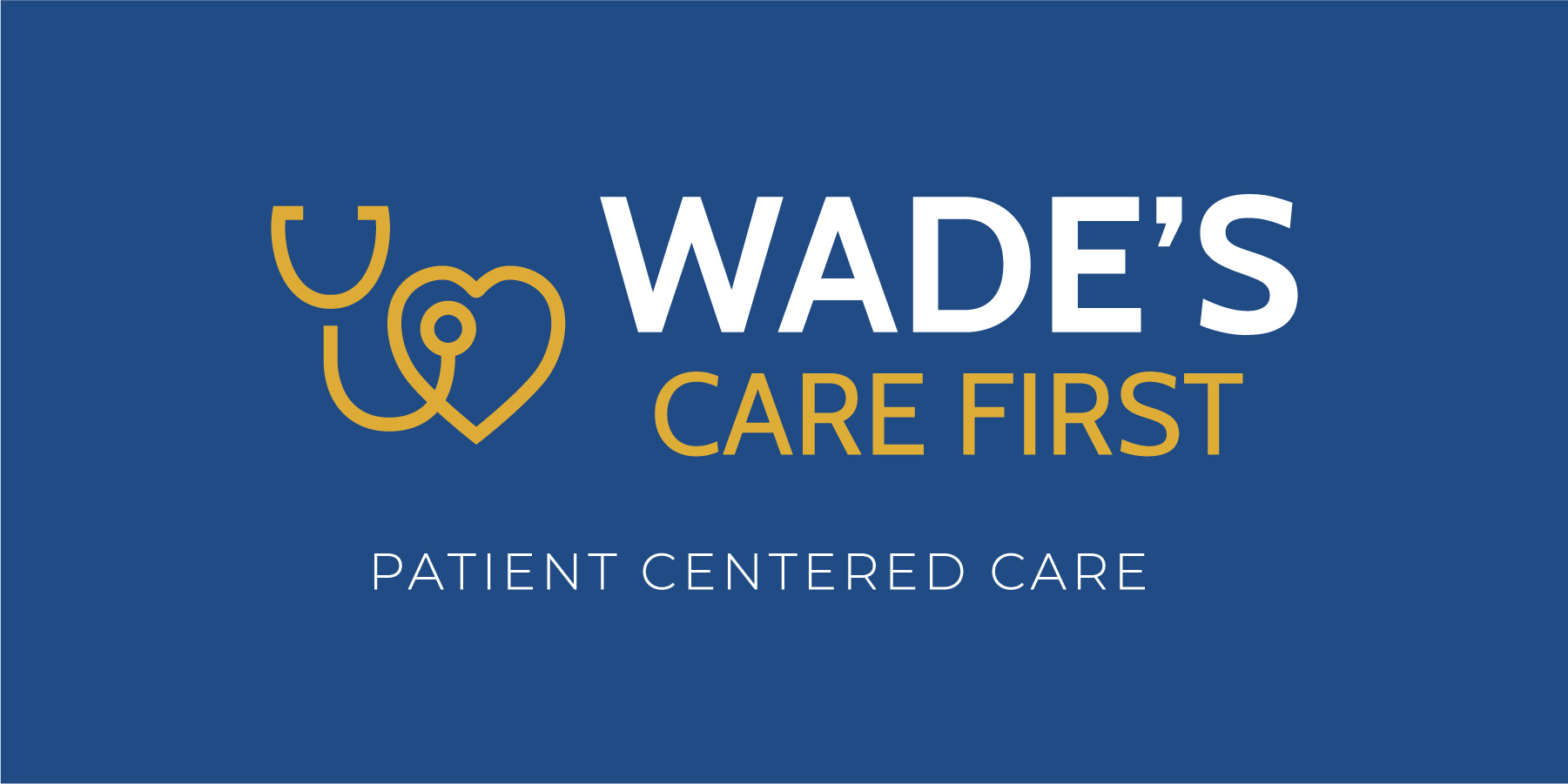Prevention works better than treatment. These five practices can help you avoid serious health problems down the road.
Schedule Routine Check-ups
Annual visits to your doctor aren’t just for sick people. They’re how you catch problems before they become expensive emergencies!
What regular check-ups accomplish:
- Blood tests detect issues before symptoms appear
- Tracking blood pressure and cholesterol prevents heart disease
- Vaccinations protect against preventable diseases
- Establishing health baselines for future comparison
- Building relationships with healthcare providers who know your history
Most insurance covers preventive care completely. Use it.
Related: Why Adults Need Primary Care Even When They Feel Healthy
Address Mental Health
Mental health problems affect your physical health. Chronic stress weakens your immune system. Depression increases inflammation. Anxiety disrupts sleep and digestion.
Basic mental health care includes:
- Recognizing when you need help
- Learning stress management techniques
- Maintaining social connections
- Setting reasonable boundaries
- Getting professional treatment when necessary
Mental health treatment works. Therapy and medication can prevent years of suffering and physical health complications.
Stay Physically Active
Regular movement prevents dozens of chronic diseases. You don’t need intense workouts or expensive equipment.
Effective ways to add activity:
- Walk for transportation when possible
- Take stairs instead of elevators
- Do physical household tasks
- Play active games with family
- Try recreational sports
- Use standing or walking meetings
Aim for 150 minutes of moderate activity per week. That’s about 20 minutes daily.
Get Proper Sleep
Sleep deprivation is a cause of obesity, diabetes, cardiovascular diseases, and mental illness. Sleep facilitates repairing your body and making your brain work properly.
Sleep improvement strategies:
- Have regular wake and sleep schedules
- The bedroom should be dark and cold
- Limit screen time before bed
- Avoid caffeine after early afternoon
- Create a relaxing bedtime routine
- Reserve your bed for sleep only
In case you have good sleeping habits yet are still tired, consult your physician. It is possible to treat sleep disorders.
Build Strong Relationships
Social isolation is as dangerous to early death as smoking. Close connections are beneficial as they offer emotional assistance and promote well-being.
The methods of strengthening relationships:
- Invest time in people who matter to you
- Practice active listening
- Participate in community activities
- Give a donation to causes that you believe in
- Ask for help when you need it
- Offer support to others
Focus on meaningful connections rather than large social networks.
Wade’s Care First Team
Charles Wade, our Nurse Practitioner, specializes in primary care, mental health, weight management, and chronic disease management.
Our practice focuses on prevention and patient education.
We spend time understanding your health goals and challenges.
Services we provide:
- Comprehensive health screenings
- Mental health and ADHD treatment
- Medical weight management
- Men’s and women’s health care
- Urgent care services
- Pediatric and geriatric care
We create treatment plans based on your individual needs and circumstances.
Implementation Strategy
First, decide on one of the areas. Don’t make radical transformations, but small, sustainable ones.
Track your progress. Measure what matters to you, whether that’s steps walked, hours slept, or social activities attended.
Be patient with results. It takes time to see the difference in health reflected both in your body and in medical tests.
Taking care of your health now will actually prevent bigger problems later. It also improves your quality of life today.
Wade’s Care First provides same-day appointments in New York, Florida, Arizona, and Indiana. We’re available when you’re ready to start improving your long-term health.
Schedule your appointment.
FAQs
How often do I need check-ups?
The majority of adults are supposed to visit their doctor once a year. More frequent visits may be required by people with chronic conditions.
What if I don’t have symptoms?
Many serious conditions develop without early symptoms. Regular screening catches them when treatment is most effective.
Do small changes actually help?
Nutrition, physical activity, sleep, and stress reduction are known to positively influence disease prevention.



